Travel Tips and Stories of Tirupati in India
Find inspiration with pictures, tips and stories of Tirupati from travelers sharing their experiences
Book your trip to Tirupati and remunerate who inspired you
Travel guide of Tirupati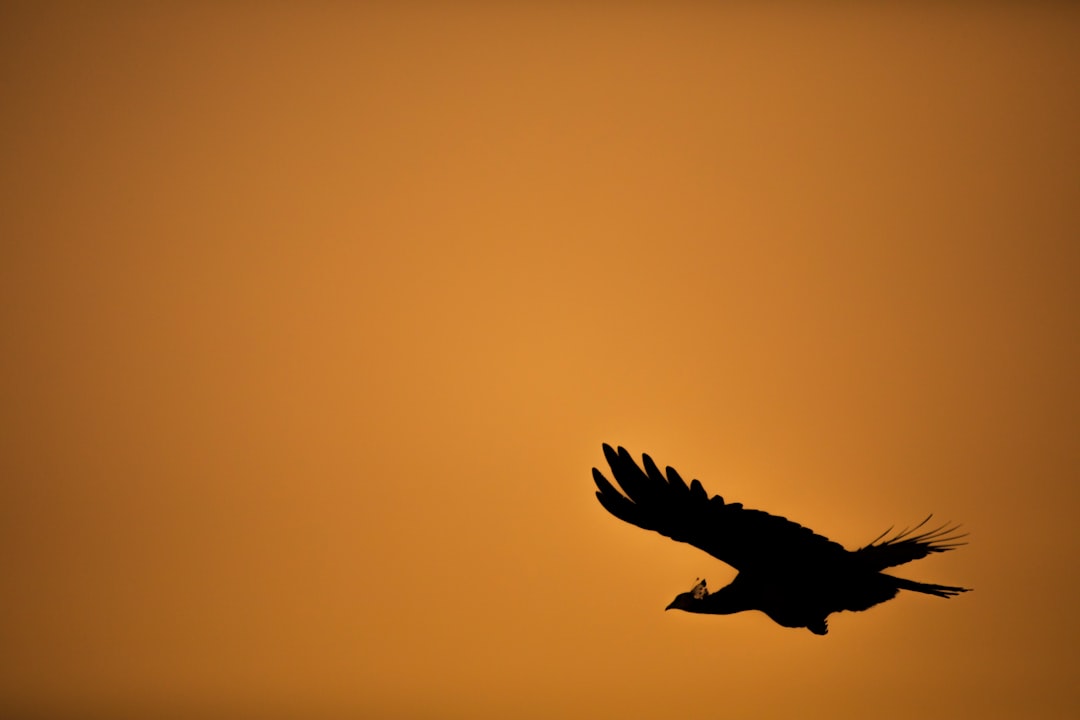
Find inspiration with pictures, tips and stories of Tirupati from travelers sharing their experiences
Book your trip to Tirupati and remunerate who inspired you
Travel guide of Tirupati

7 km from Tirupati
Jama masjid mosque
 Experienced by Milind Ruparel
Experienced by Milind Ruparel

7 km from Tirupati
Photo from a recent project where we were roaming around the street and this magic happened.


7 km from Tirupati
The beautiful Prayer Room at Jama Masjid in Ahmedabad


7 km from Tirupati
Stepwell of Adalaj (Adalaj Ni Vav), Ahmedabad, India.


7 km from Tirupati
Up above in the sky


7 km from Tirupati
NIGHT LIGHTS....IN A RELATIVELY SMALL CITY


7 km from Tirupati
Symmetry at the entrance of Dada Harir Stepwell, Gujarat


7 km from Tirupati
Sky has billions of colours. Shot from home terrace


9 km from Tirupati
Rani ki Vav, Adalaj
 Experienced by Salil
Experienced by Salil

9 km from Tirupati
Stepwell, India.


9 km from Tirupati
A beautiful evening shot captured at Kankaria Lake, Ahmedabad

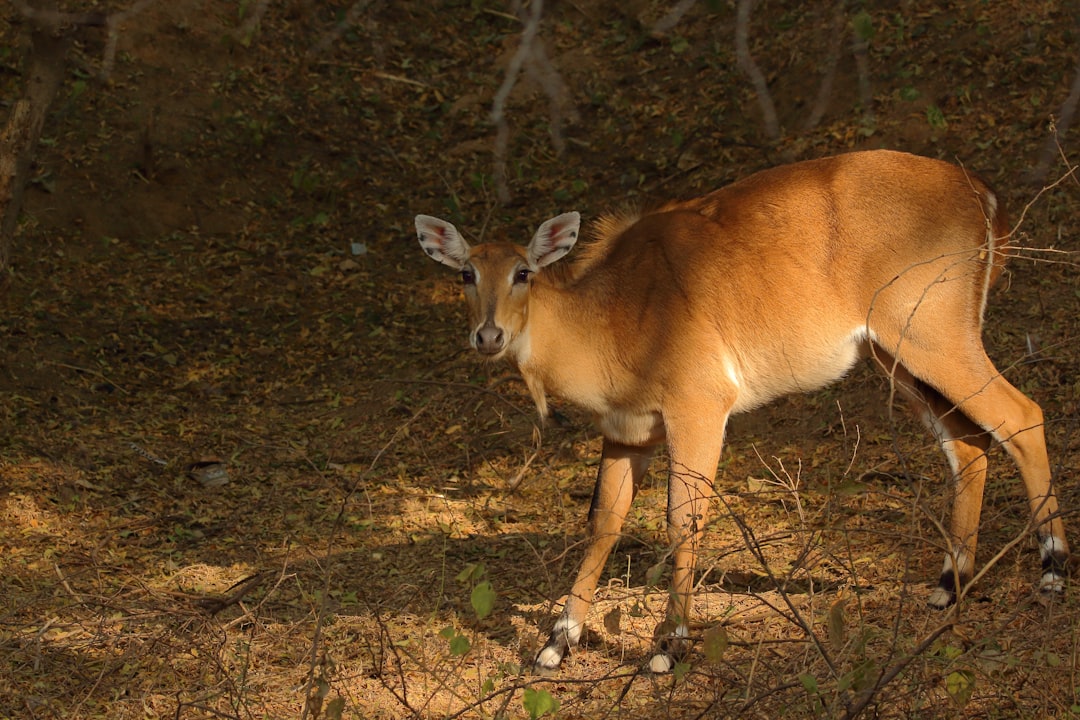
16 km from Tirupati
Antelope - Nilgai
![]() Experienced by Saketh Upadhya
Experienced by Saketh Upadhya
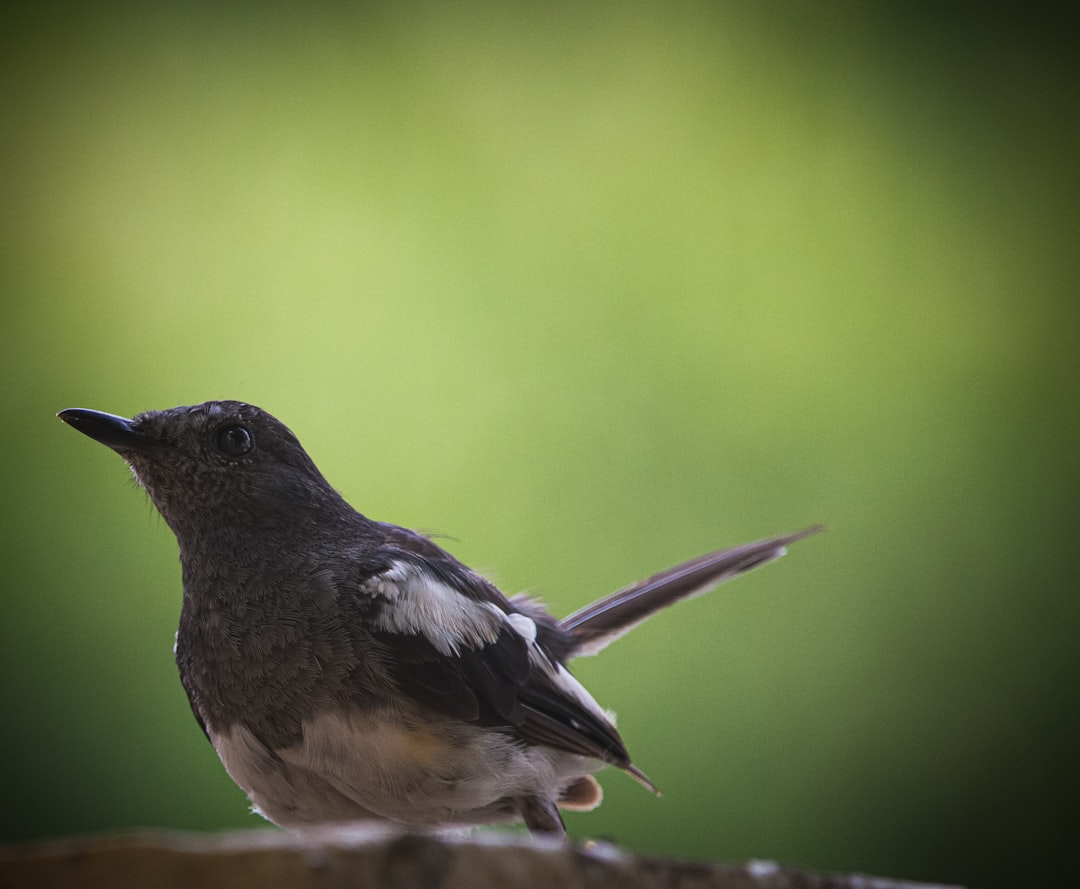
16 km from Tirupati
The Oriental magpie-robin (Copsychus saularis) is a small passerine bird that was formerly classed as a member of the thrush family Turdidae, but now considered an Old World flycatcher. They are distinctive black and white birds with a long tail that is held upright as they forage on the ground or perch conspicuously. Occurring across most of the Indian subcontinent and parts of Southeast Asia, they are common birds in urban gardens as well as forests. They are particularly well known for their songs and were once popular as cagebirds

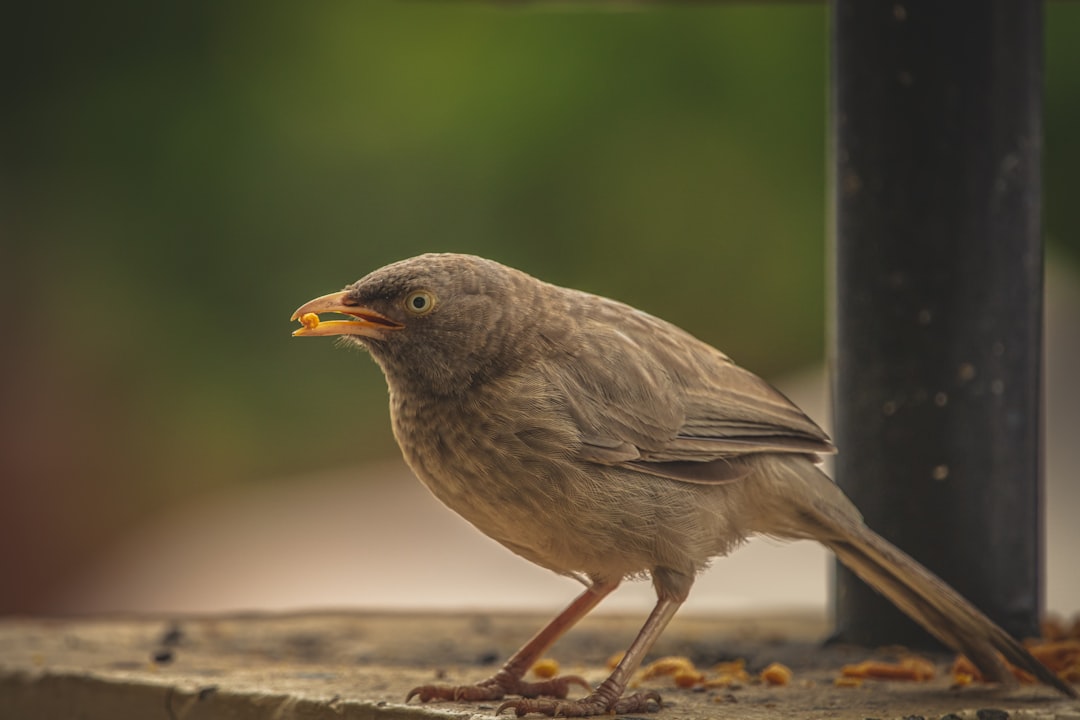
16 km from Tirupati
They are gregarious birds that forage in small groups of six to ten birds, a habit that has given them the popular name of "Seven Sisters" in urban Northern India, and Saath bhai (seven brothers) in Bengali with cognates in other regional languages which also mean "seven brothers"

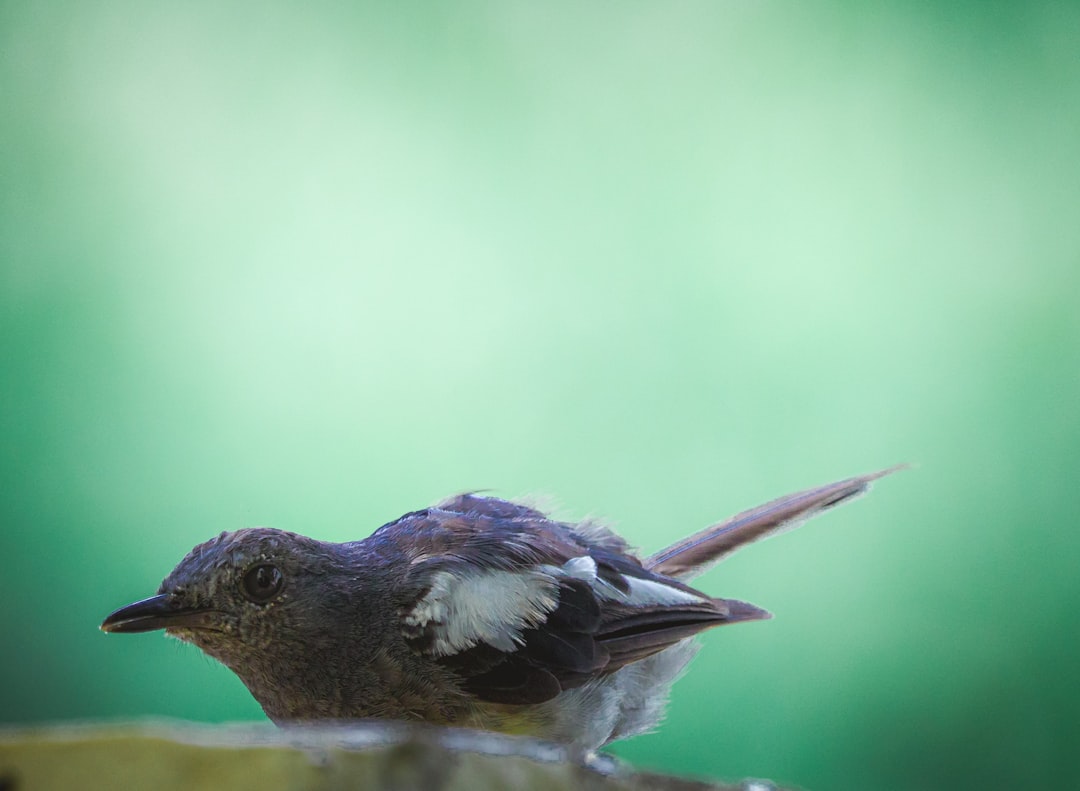
16 km from Tirupati
The Oriental magpie-robin (Copsychus saularis) is a small passerine bird that was formerly classed as a member of the thrush family Turdidae, but now considered an Old World flycatcher. They are distinctive black and white birds with a long tail that is held upright as they forage on the ground or perch conspicuously. Occurring across most of the Indian subcontinent and parts of Southeast Asia, they are common birds in urban gardens as well as forests. They are particularly well known for their songs and were once popular as cagebirds


16 km from Tirupati
Colors of Sunset

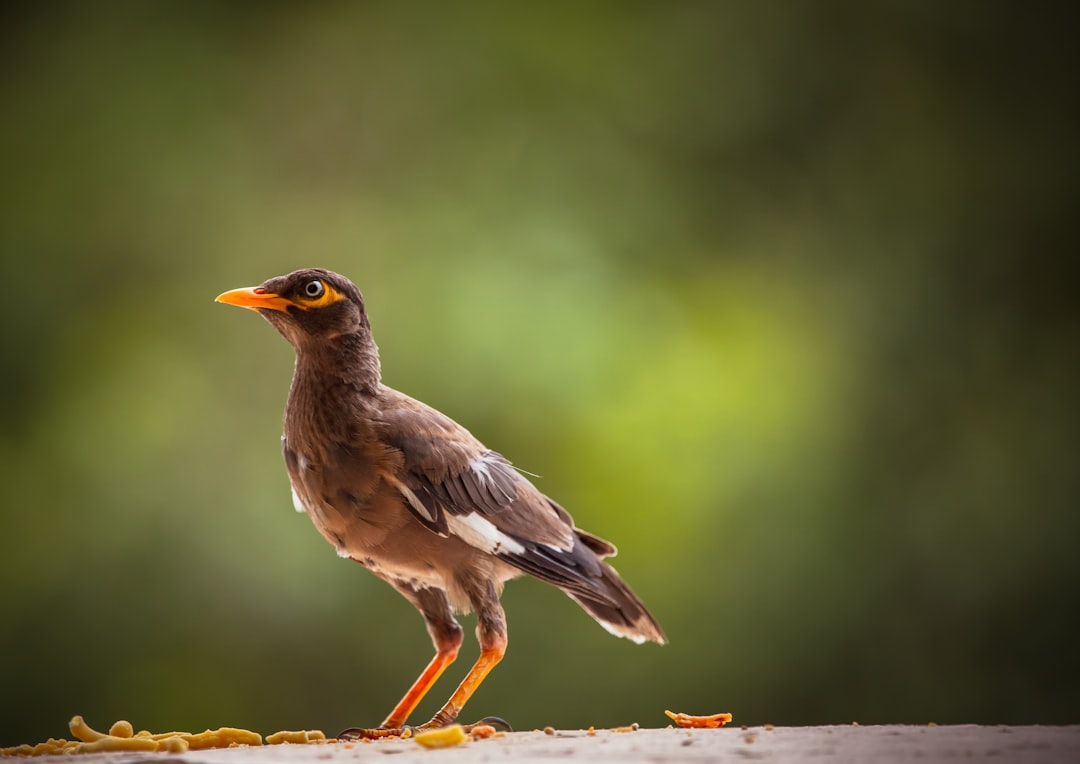
16 km from Tirupati
The common myna is increasing at such a rapid rate that in 2000 the IUCN Species Survival Commission declared it one of the world's most invasive species and one of only three birds listed among "100 of the World's Worst Invasive Species" that pose a threat to biodiversity, agriculture and human interests

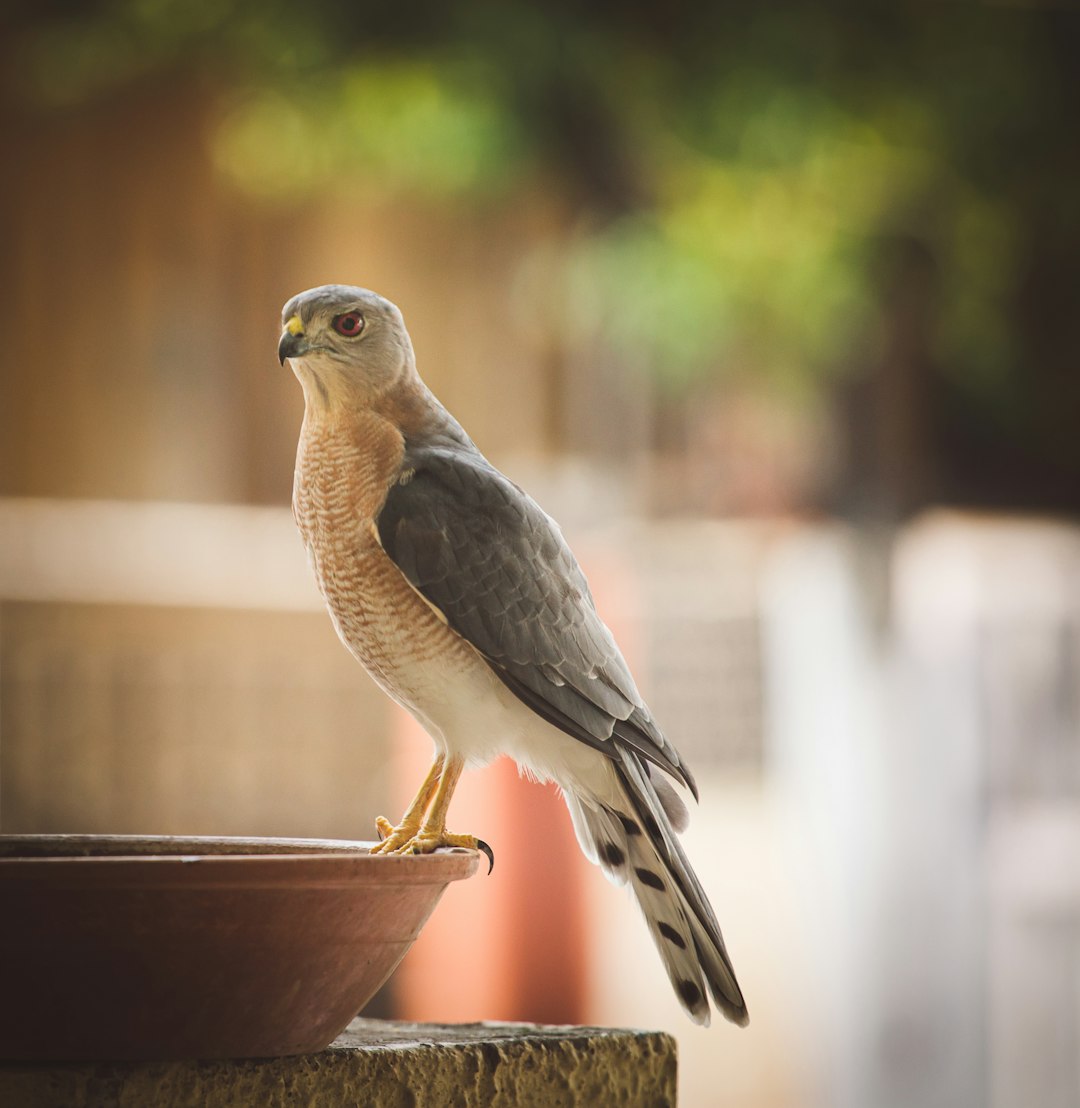
16 km from Tirupati
The shikra (Accipiter badius) is a small bird of prey in the family Accipitridae found widely distributed in Asia and Africa where it is also called the little banded goshawk. The shikra is very similar in appearance to other sparrowhawk

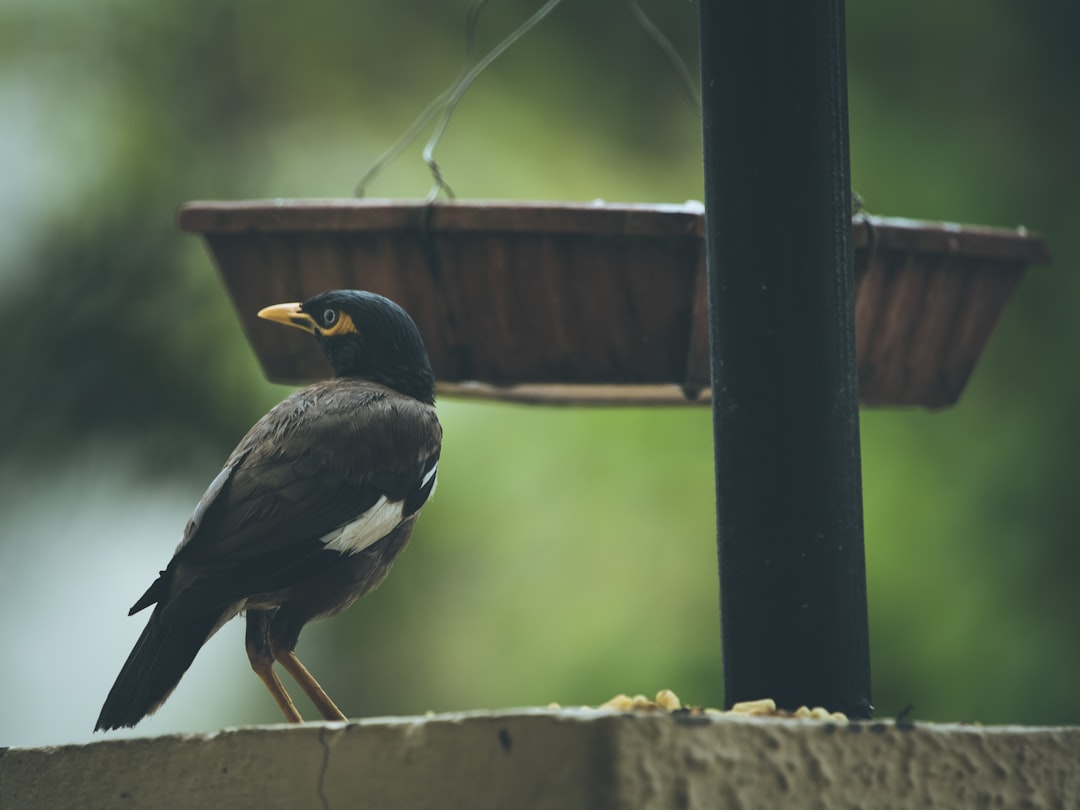
16 km from Tirupati
The common myna or Indian myna (Acridotheres tristis), sometimes spelled mynah, is a member of the family Sturnidae (starlings and mynas) native to Asia. An omnivorous open woodland bird with a strong territorial instinct, the common myna has adapted extremely well to urban environments.

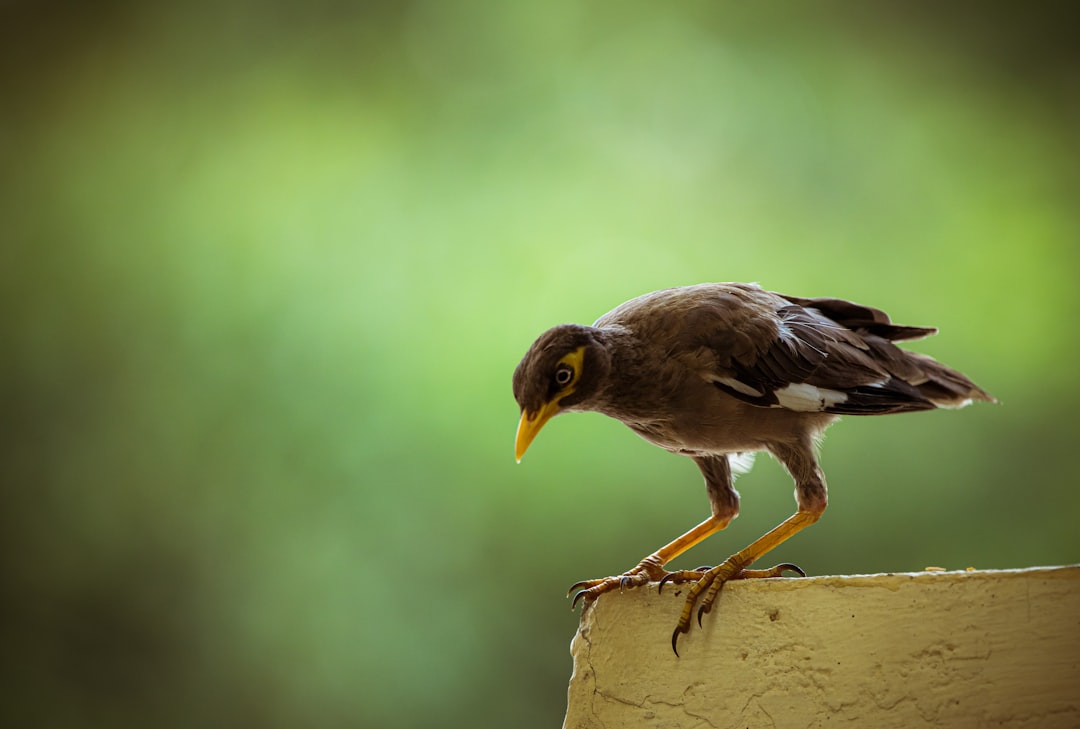
16 km from Tirupati
The common myna or Indian myna (Acridotheres tristis), sometimes spelled mynah, is a member of the family Sturnidae (starlings and mynas) native to Asia. An omnivorous open woodland bird with a strong territorial instinct, the common myna has adapted extremely well to urban environments. The common myna is increasing at such a rapid rate that in 2000 the IUCN Species Survival Commission declared it one of the world's most invasive species and one of only three birds listed among "100 of the World's Worst Invasive Species" that pose a threat to biodiversity, agriculture and human interests
